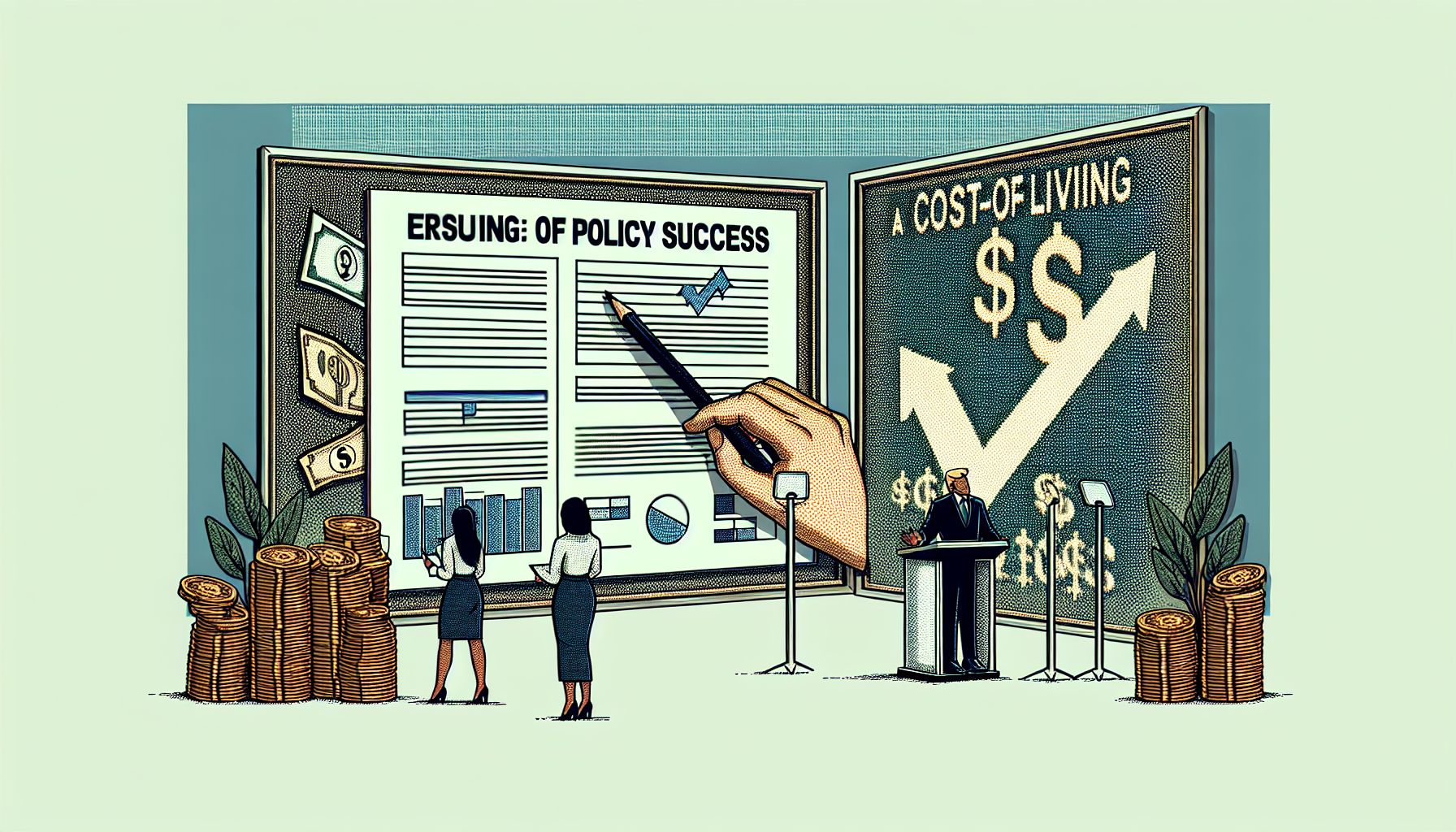Cost-of-Living Crisis Overshadows Biden's Economic Achievements

Washington, D.C., Tuesday, 12 November 2024.
Despite strong economic indicators under the Biden administration, including low unemployment and wage growth, voters’ perception of a cost-of-living crisis led to Democratic losses in the 2024 election. The disconnect between positive economic data and public sentiment highlights the challenges in communicating policy successes.
Economic Achievements and Public Sentiment
The Biden administration’s economic policies have delivered impressive metrics on paper, such as maintaining unemployment below 4.5% and fostering wage growth. These achievements, however, have not translated into voter approval, as evidenced by the 2024 election outcomes. The perceived cost-of-living crisis overshadowed these positive indicators, demonstrating a critical gap between policy success and public sentiment. This discrepancy underscores the complexity of economic communication, where statistical victories fail to resonate with the day-to-day realities faced by the populace.
The Rising Cost of Living: A Political Flashpoint
Key areas of rising costs, such as housing, healthcare, and essential goods, became pivotal in shaping voter perceptions. For instance, the monthly cost of a $400,000 apartment surged from approximately $1,800 to $2,500 due to increasing interest rates[1]. These tangible increases in living expenses have overshadowed the broader economic gains claimed by the Biden administration, suggesting that while macroeconomic indicators were favorable, they did not alleviate the financial pressures felt by many households.
Democratic Messaging and Electoral Consequences
The concept of ‘deliverism,’ or the notion that improving household finances would secure electoral success, proved insufficient in the face of escalating living costs. The Democrats’ framing of inflation as a global issue rather than a domestic challenge further alienated voters who felt their concerns were not adequately addressed[2]. This misalignment in messaging resulted in significant electoral losses, as evidenced by the shift in voter support towards the Republican Party, particularly among lower-income demographics[2].
Implications of Trump’s Proposed Policies
As Donald Trump prepares to assume office, his proposed policies, including mass deportations and steep tariffs, are expected to further complicate the economic landscape. Analysts warn that these measures could exacerbate inflation and increase the cost of living, potentially negating any immediate relief voters might expect[3]. The anticipation of these policies has already stirred economic concerns, as reflected in market dynamics and public discourse surrounding the upcoming administration’s impact.
The Future of Economic Communication
The 2024 election highlights the necessity for clear and relatable economic communication strategies. President Biden himself emphasized the importance of straightforward language in conveying policy benefits to the electorate[1]. Moving forward, political leaders must bridge the gap between economic data and voter experience to foster trust and understanding. This challenge will remain pivotal as new administrations navigate the complexities of economic policy and public perception.